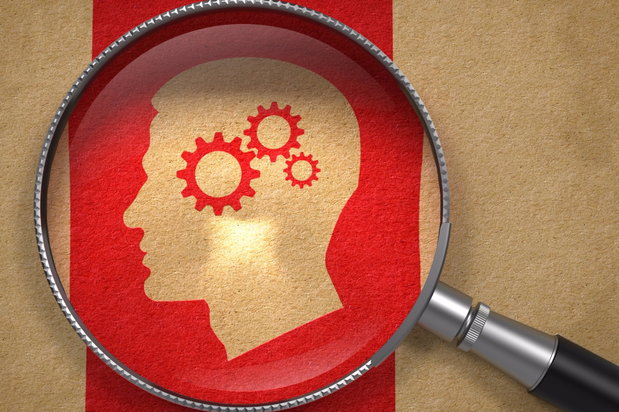People who have a mental illness diagnosis, as well as an addiction to alcohol or drugs, are candidates for dual diagnosis treatment. This is also known as having a co-occurring disorder. Cases of mental illness are complicated when combined with substance use and addiction. In most cases, substance use itself may be the causal factor in mental illness. Whether the illness is a byproduct of substance use or if substance use stems from a person's desire to self-medicate, aspects of their mental illness can be difficult to determine.
The population in the mental illness sector that tends to receive the most attention is the group deemed "severely mentally ill," which can be a misleading term. While everyone with a diagnosed mental illness, combined with addiction, is dually diagnosed, not all mental illness diagnoses are considered to be severe. The mental illnesses that fit into the "severe" category are usually:
- schizophrenia
- severe anxiety disorders
- severe depression
- bipolar disorder
Other types of dual diagnoses may include less severe depression, anxiety disorders, and personality disorders, along with substance use and addiction. Many individuals with less severe mental illness can be medicated appropriately and become functional. Others may continue their use of substances and never receive proper treatment. Many people suffer from mental illness brought about by trauma, such as post-traumatic stress disorder. Symptoms are often "managed" by the use of drugs and/or alcohol and then that substance which "helped" manage the disorder becomes an addiction. The addiction can advance symptoms into a severely mentally ill status without proper treatment.
Treatment for Dual Diagnosis
Treatment for severe mental illness may involve drugs whose effects are difficult to predict. While some people will respond well to a drug that is intended to treat their condition, others with the same (or similar) symptoms will have terrible side effects and negative responses to the same medication. Therefore, it is important to seek a specialist in dual diagnosis who can closely monitor the treatment recommended.
Some who may have a dual diagnosis might be misdiagnosed and suffer extreme side effects from medications intended to be used for other mental illnesses. This is due to symptoms they present while still under the influence of substances such as alcohol or other recreational drugs. Few doctors can determine which came first, the substance use or the mental illness, and proper diagnosis in these cases can be tricky.
In cases of personality disorders and anxiety disorders, some of which are manifested from trauma, the substances may be what kept the individual alive until they were able to seek help for their trauma. This is most often the case with children who are sexually and physically abused. While not all children with these experiences will develop trauma-induced personality disorders or post-traumatic stress disorder (PTSD), those who do may not have the resources for dealing with the situation until much later in life.
Challenges with Treating Co-Occurring Disorders
All dual diagnoses can be difficult to treat because the symptoms overlap and underlie each other. Like dismantling a complex puzzle, the human psyche may present certain symptoms that seem to be one thing; and, as they are identified during treatment, manifest themselves in other areas of concern for the mental health provider. Teasing out underlying symptoms from addiction symptoms can be challenging.
Many people have intense shame and embarrassment about their mental illness, along with the social stigma experienced in living with their conditions. Trusting the services of those most likely to help is sometimes an issue. Some conditions such as paranoia can get in the way. Paranoia aside, people who have been poorly treated by those in positions of authority or by those who were supposed to provide help to them in the past, may find it hard to trust again. This is often the case for people who have had interactions with police and emergency medical professionals who subdued and/or sedated them.
Less severe mental health disorders can respond well to treatment, once a person has established a strong desire to maintain abstinence from substance use. This is the tricky part for mental health workers. Sometimes the substance one has been using has made their mental illness feel better for them. The initial denial of the addiction may include the belief that the substance is helping them to cope with the symptoms of their mental illness.
All in all, there is a strong possibility for recovery for dual diagnosis clients. Many have and do recover and lead productive, happy, abstinent lives. The battle is worth the end result for everyone.
If you or someone you know is seeking help from addiction, please visit our directory of treatment centers or call 800-772-8219 to start the path to recovery today.








